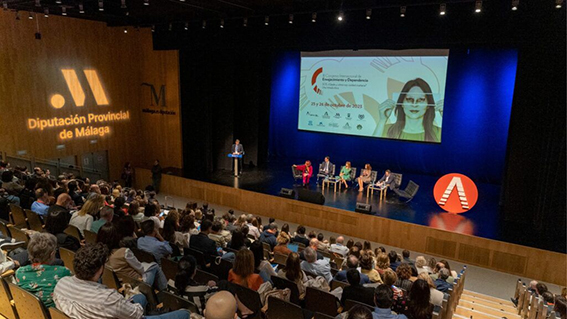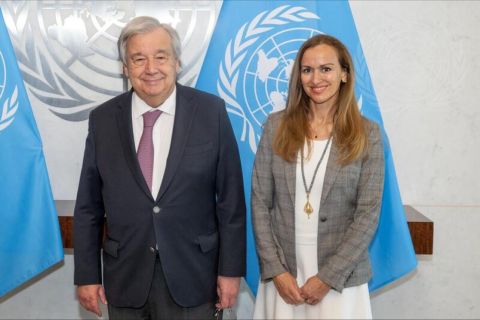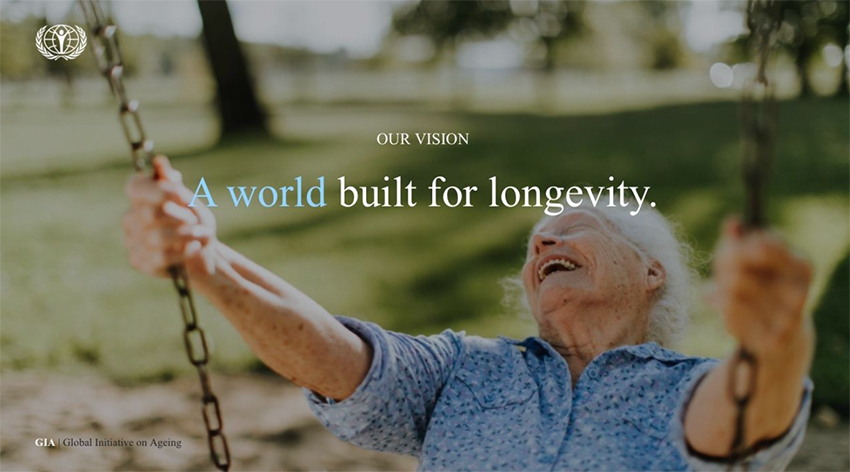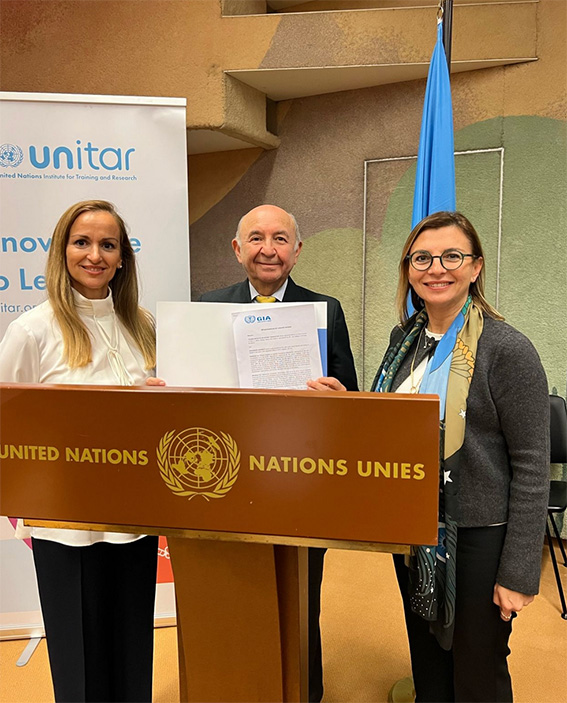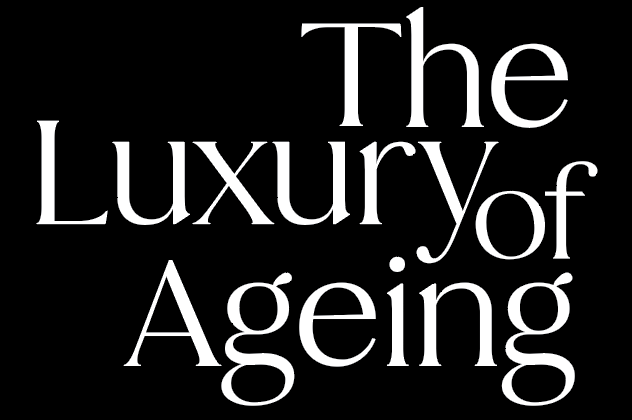As the global population ages at an unprecedented rate, the need for comprehensive, inclusive strategies to address the challenges of longevity has never been more urgent. Silvia Neira, Vice President of the
Global Initiative on Ageing & Longevity (previously, Global Initiative on Ageing), discusses the organisation's mission to reframe the narrative around ageing, advocating for systemic change in policy, healthcare, and social attitudes toward older adults.
Founded in the wake of the Covid-19 pandemic, GIA works across sectors—from government and healthcare to business and media—to promote an environment where ageing is celebrated as an opportunity rather than a challenge. Here, Neira shares her insights on how the foundation is leading the charge to reduce ageism, advocate for policy change, and implement innovative solutions that support both younger and older generations.
